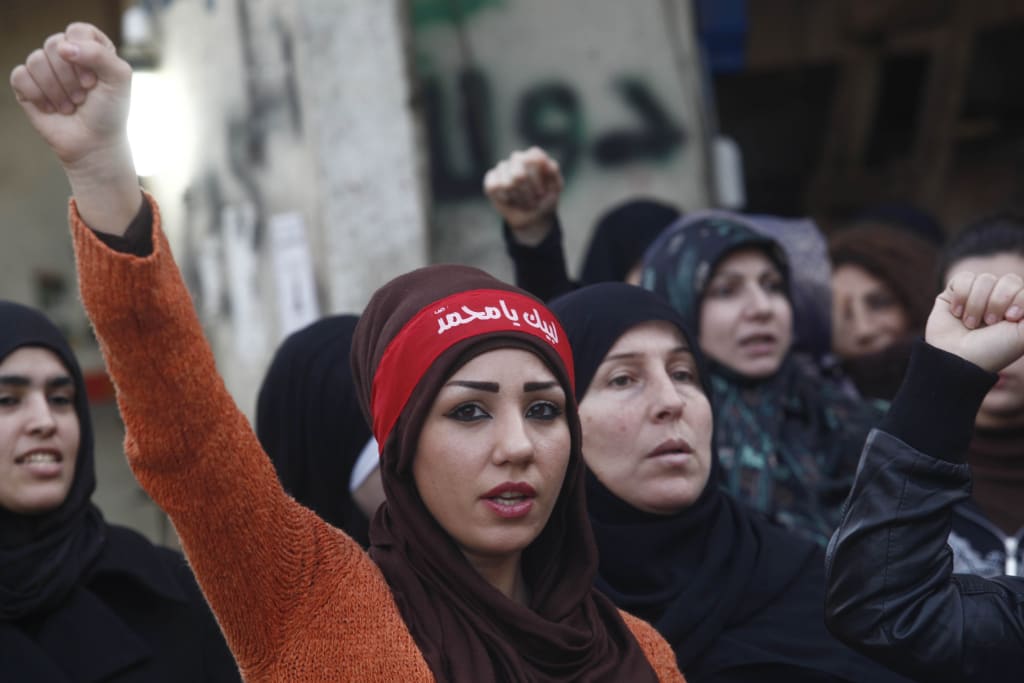Rise of Algerian nationalism and French resistance
Rise of Algerian nationalism and French resistance

The Rise of Algerian nationalism and French resistance during the World War II era was a significant period in the history of Algeria. This era saw the emergence of a new generation of Islamic leaders in Algeria who opposed French rule. The National Liberation Front (FLN) and the National Algerian Movement were among the most notable groups formed during this time. The colons, also known as pieds noirs, dominated the government and controlled the majority of Algeria's wealth. They continuously blocked or delayed any attempts at reform.
The colonial era in Algeria saw the suppression of the rights and freedoms of the indigenous population. The colons, who were mostly of European descent, were the dominant group in the government and controlled the majority of the country's resources. They were not willing to implement even the most basic of reforms, which further exacerbated the social, economic, and political crises that the country was facing.
However, from 1933 to 1936, the mounting social, political, and economic crises in Algeria led to an increase in political protests by the indigenous population. The government responded with stricter laws governing public order and security. Despite these restrictions, the Algerian Muslim population continued to demand their rights and equality under the law.
When World War II broke out, Algerian Muslims initially rallied to the French side, as they had done in World War I. But the colons were generally sympathetic to the collaborationist Vichy regime established after France's defeat by Nazi Germany. This further exacerbated the tensions between the two communities.
The fall of the Vichy regime in Algeria in 1942, as a result of Operation Torch, led to a shift in the French government's stance towards the Algerian population. The Free French commander in chief in North Africa slowly lifted the restrictive laws imposed by the Vichy government, despite opposition from colon extremists. This was seen as a step in the right direction by the Algerian Muslim population.
In March 1943, Muslim leader Ferhat Abbas presented the French administration with the Manifesto of the Algerian People, signed by 56 Algerian nationalist and international leaders. The manifesto demanded effective political participation and legal equality for Muslims. However, the French administration's response was less than satisfactory. In 1944, they implemented a reform package based on the 1936 Viollette Plan, which granted full French citizenship only to certain "meritorious" Algerian Muslims, numbering around 60,000. This was seen as a betrayal by the Muslim population and further fueled the tensions between the two communities.
The events of May 8, 1945, V-E Day, saw a violent response to a Muslim march, which resulted in a prolonged and systematic crackdown on suspected centers of dissidence by the army and police. According to official French figures, 1,500 Muslims died as a result of these countermeasures. However, estimates vary from 6,000 to as high as 45,000 killed. This led many nationalists to conclude that independence was the only solution to the ongoing conflict.
The Rise of Algerian nationalism and French resistance during the World War II era was a significant period in the history of Algeria. It marked the emergence of a new generation of leaders who were determined to fight for the rights and freedoms of their people. The tensions between the Muslim and colon communities were exacerbated by the actions of the French government, which failed to address the demands of the Muslim population. The events of May 8, 1945, V-E Day, marked a turning point in the history of Algeria and further solidified the resolve of the nationalist movement to fight for independence.
The struggle for independence was a long and bloody one, and it was not until 1962 that Algeria finally gained its independence from France. The Rise of Algerian nationalism and French resistance during the World War II era was






Comments
There are no comments for this story
Be the first to respond and start the conversation.